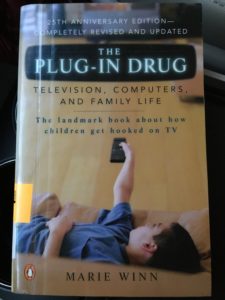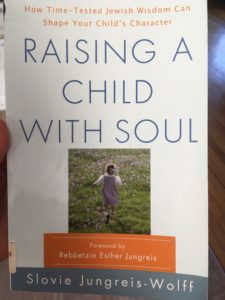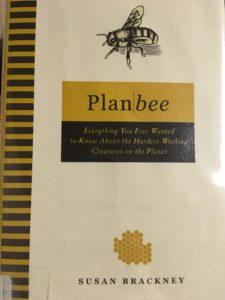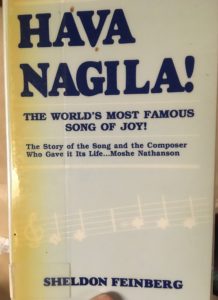Horror of horrors. I bought a used copy of Drawing on the Right Side of the Brain by Betty Edwards, and a section of pages immediately fell out! Because of course they did.
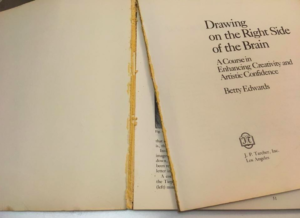
Now what am I supposed to do?? Until now, I’d just stuffed the pages back into the book and stuck it back on the shelf. Except I’d just started reading this book! And now I have a toddler! There was no way this book would survive marginally intact.
I turned to social media for help, as you do.
I recently bought book tape to repair some spines (totally aspirational – haven’t gotten around to it yet), but that didn’t seem like the right tool to repair something inside the book. And apparently that was right. A librarian recommended a special kind of glue. My reaction: ugh something else I have to buy and don’t know how to use. But sure. I’d do it. It’s a good skill for a book hoarder to know.
But then someone came along with a radical idea: take it to an office supply store and put it on a spiral binding. I admit I scoffed a little at first. That would ruin the book!!1! But she had a great point that with a spiral binding, it could lay flat, and that sounded nice. After sitting on it for a week or so, I decided that was actually a brilliant idea.
I had already intended to print out my Exploring Nature with Children curriculum PDF and make it spiral bound, so why not hit two birds with one stone? And they came out great! Pretty cheap for a store too, $14 for both bindings and to cut the original binding off my book.
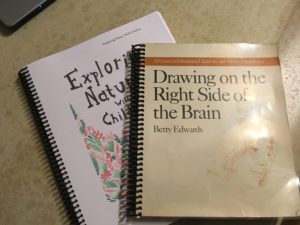
Maybe one day I’ll get my own spiral binding-thingy-majigger!
